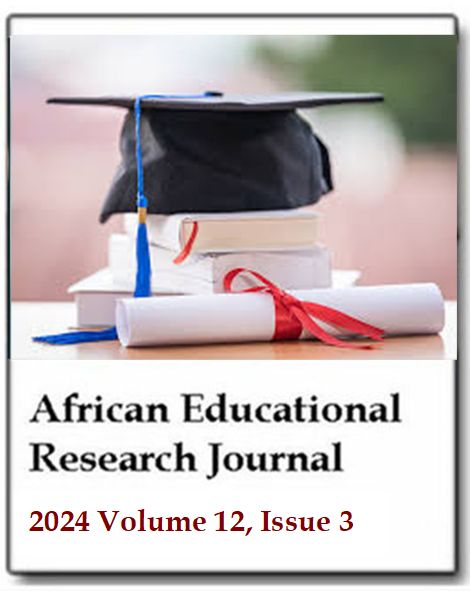A learner model for MOOCs: Evidence from Southwest China
Zhao Li, Jirawan Deeprasert and Songyu JiangAfrican Educational Research Journal
Published: August 15 2024
Volume 12, Issue 3
Pages 164-181
DOI: https://doi.org/10.30918/AERJ.123.24.044
Abstract
This study employs Structural Equation Modeling (SEM) and the Technology Acceptance Model (TAM) framework to explore the factors influencing Massive Open Online Courses (MOOCs) usage among college students in Southwest China. Using probability sampling, data were collected from 602 participants through an online survey distributed over a period of ten days, yielding a robust sample for analysis. The survey, divided into 7 sections, focused on various dimensions of user interaction with MOOCs, including perceived ease of use, usefulness, and value. The findings indicate that perceived usefulness significantly impacts user engagement, with attitude serving as a critical mediator. The study's theoretical contributions include extending TAM by emphasizing cultural and regional specifics in MOOC adoption. Practically, the results suggest targeted strategies to enhance user engagement and highlight the importance of designing MOOC platforms that cater to the educational expectations and preferences of students in diverse socio-economic settings.
Keywords: Massive Open Online Courses (MOOCs), Structural Equation Modeling (SEM), Technology Acceptance Model (TAM), perceived usefulness, perceived ease of use, user behavior.
Full Text PDFThis article is published under the terms of the Creative Commons Attribution License 4.0

